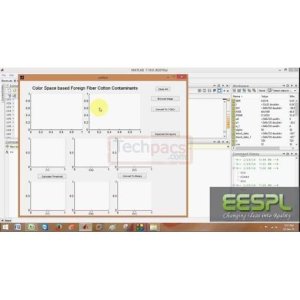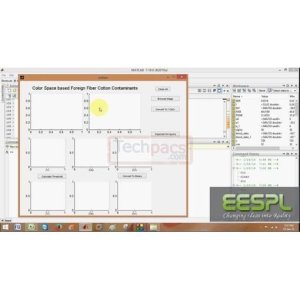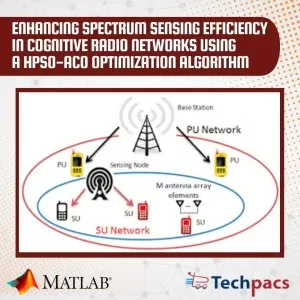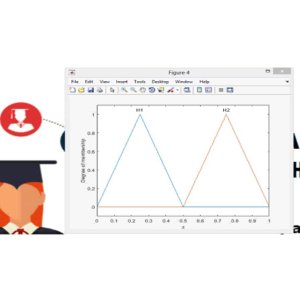Dynamic Key Distribution and Merkle Tree Handshaking for Smart Grid Mesh Network Security
Problem Definition
Problem Description:
One of the key challenges in smart grid mesh networks is ensuring secure and reliable communication between devices to prevent cyber attacks. With the increasing connectivity and complexity of smart grid domains such as home area networks (HAN) and neighborhood area networks (NAN), the vulnerability to cyber threats is also on the rise. Traditional key distribution strategies may not be sufficient to protect against sophisticated attacks, such as denial of service attacks.
There is a need for a dynamic key distribution strategy that can adapt to changing network conditions and enhance the security of smart grid mesh networks. Additionally, the existing security protocols like simultaneous authentication of equals (SAE) and efficient mesh security association (EMSA) may need to be improved to better secure communication between devices.
Therefore, there is a need for a solution that can address these challenges by enhancing mesh network security using dynamic key distribution with Merkle tree 4-way handshaking. This solution can provide better resiliency against attacks and improve the overall performance of the smart grid mesh network in terms of delay and overhead.
Proposed Work
The project titled "Smart Grid Mesh Network Security Using Dynamic Key Distribution With Merkle Tree 4-Way Handshaking" focuses on enhancing the security of distributed mesh networks in smart grid domains such as home area networks (HAN), neighborhood area networks (NAN), and substation/plant-generation local area networks. The project proposes a dynamic key distribution strategy to bolster network security against cyber attacks, specifically targeting the simultaneous authentication of equals (SAE) and efficient mesh security association (EMSA) protocols through a 4-way handshaking process. By utilizing a handshaking scheme based on Merkle-tree, the system can effectively withstand denial of service attacks and improve network resiliency. This proposed technique not only enhances security but also improves system performance in terms of delay and overhead compared to conventional methods. This research falls under the NS2 Based Thesis category, with a focus on Smart Grid Based Thesis subcategory.
The software used for this project includes NS2 for simulation and analysis.
Application Area for Industry
This project on "Smart Grid Mesh Network Security Using Dynamic Key Distribution With Merkle Tree 4-Way Handshaking" can be applied across various industrial sectors that rely on smart grid technologies. Industries such as energy, utilities, manufacturing, and transportation that heavily rely on smart grid mesh networks for efficient and reliable operations can benefit from the proposed solutions. These industries face challenges related to cyber attacks, network security, and communication vulnerabilities that can disrupt critical operations. By implementing a dynamic key distribution strategy with Merkle tree 4-way handshaking, these industries can enhance the security of their smart grid networks, improve resiliency against attacks, and optimize network performance in terms of delay and overhead.
Specifically, the proposed solution addresses the challenges of secure and reliable communication in smart grid domains such as home area networks (HAN), neighborhood area networks (NAN), and substation/plant-generation local area networks.
By improving existing security protocols like simultaneous authentication of equals (SAE) and efficient mesh security association (EMSA), the project aims to provide a more robust defense against sophisticated cyber attacks. The benefits of applying these solutions within different industrial domains include increased data security, reduced downtime due to network disruptions, and overall improvement in system performance. Ultimately, by implementing this project's proposed solutions, industries can strengthen their smart grid mesh networks and ensure the uninterrupted and secure flow of data critical for their operations.
Application Area for Academics
MTech and PhD students can utilize this proposed project for innovative research in the field of smart grid network security. By implementing dynamic key distribution with Merkle tree 4-way handshaking, researchers can address the pressing issue of cyber threats in smart grid mesh networks. This project provides a platform for students to study the vulnerabilities of existing security protocols like SAE and EMSA and develop enhanced solutions to secure communication between devices. By simulating network conditions and analyzing data using NS2 software, students can evaluate the effectiveness of the proposed technique in mitigating attacks and improving network performance. This research can be instrumental in developing new methodologies and protocols for securing smart grid domains, making it a valuable resource for MTech and PhD scholars working on their dissertation, thesis, or research papers.
The code and literature generated from this project can serve as a foundation for future research in the field of smart grid network security, opening up avenues for further exploration and advancement in this area of study.
Keywords
Smart Grid Mesh Network, Dynamic Key Distribution, Merkle Tree, 4-Way Handshaking, Cyber Attacks, Network Security, Home Area Networks (HAN), Neighborhood Area Networks (NAN), Substation, Plant-Generation, Local Area Networks, Simultaneous Authentication of Equals (SAE), Efficient Mesh Security Association (EMSA), Denial of Service Attacks, Resiliency, Network Performance, Delay, Overhead, Smart Grid Based Thesis, NS2 Based Thesis, Simulation, Analysis.
| Shipping Cost |
|
No reviews found!




















































No comments found for this product. Be the first to comment!